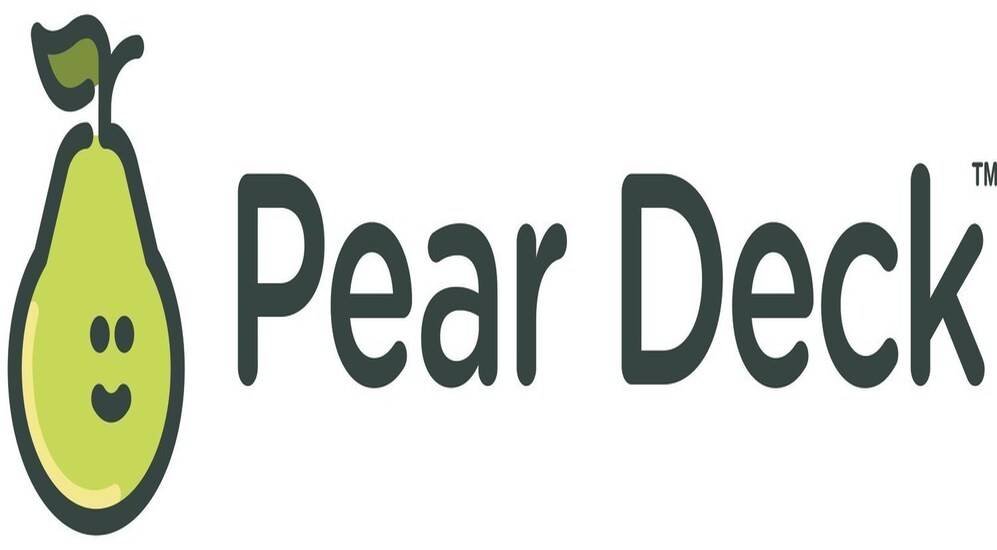


With its interactive presentations, Pear Deck revolutionizes education by encouraging participation, diversity, and critical thinking. This will influence how teaching and learning are done in the future.
The pursuit of classroom involvement and interaction has been a continuous undertaking in the field of education. In an increasingly digital environment, traditional teaching approaches sometimes fail to hold students’ interest. But as technology has advanced, teachers now have cutting-edge resources at their disposal to completely change the way students learn. Among these resources is Pear Deck Learning, a platform that has become a global leader in interactive pedagogy and is changing the way that classrooms operate.
Pear Deck Learning is essentially an online tool that uses interactive presentations to improve student engagement. In contrast to traditional slideshow tools, Pear Deck easily connects with Google Slides and other presentation programs, enabling teachers to design dynamic courses enhanced with interactive features like polls, quizzes, draggable items, and open-ended questions. This integration promotes a collaborative learning environment by enabling two-way communication and turning passive listeners into active participants.
Promoting real-time engagement and feedback is one of Pear Deck’s most alluring aspects. Teachers may instantly assess students’ understanding through the platform, enabling prompt interventions and individualized guidance. By incorporating formative assessments into presentations, teachers can spot misconceptions, fill in knowledge gaps, and modify their lesson plans to accommodate the different learning styles of their students. In addition to improving comprehension, this formative assessment strategy gives students the confidence to take charge of their education.
Additionally, Pear Deck encourages accessibility and inclusivity in education by giving every student an equal chance to interact with the course material. The platform supports a wide range of learning preferences and styles, meeting the needs of kinesthetic, visual, and auditory learners. Pear Deck also encourages multilingualism, which makes it possible for teachers to communicate with students from linguistically different backgrounds and encourage language learning.
Pear Deck promotes critical thinking and communication skills that are necessary for success in the twenty-first century, in addition to its effects on student engagement and diversity. Through promoting students’ ability to express ideas clearly, defend their arguments, and work together to solve problems, the platform fosters critical skills that go beyond the classroom. Pear Deck promotes empathy, respect, and teamwork in children by creating a feeling of community and social-emotional learning through cooperative activities including group discussions and peer feedback sessions.
Pear Deck also gives teachers insightful data about the performance and progress of their students. Through the analysis of data gathered from student replies, educators can see patterns, monitor progress over time, and make data-driven choices to maximize their use of instructional tactics. This data-driven method of instruction boosts pedagogical efficacy and encourages ongoing practice improvement.
Apart from its influence in conventional classroom settings, Pear Deck has also proven to be adaptable in remote and hybrid learning situations. With the world turning more and more toward online learning, the platform has become indispensable for teachers trying to keep their virtual classrooms lively and engaging. Pear Deck enables both synchronous and asynchronous learning experiences, overcoming geographical obstacles and promoting collaboration across distances with features like student-paced lessons and synchronous presenting mode.
Even if Pear Deck Learning has a lot of promise to improve teaching and learning, educators’ use of pedagogical approaches and strategies will ultimately determine how effective the program is. Teachers need to take advantage of professional development opportunities and training to make the most out of the platform’s features. Furthermore, in order to determine how Pear Deck affects student results and develop best practices for integrating educational technology, more investigation and assessment are required.
To sum up, Pear Deck Learning is a paradigm change in education that gives teachers the tools they need to design inclusive, dynamic, and interactive learning environments. Pear Deck has become a key player in the development of education by encouraging student involvement, developing critical thinking abilities, and offering insightful data on student learning. Platforms like Pear Deck provide a window into the future of teaching and learning, as technology acts as a catalyst for equity and innovation in the classroom, as we traverse the challenges of contemporary education.

Entrepreneurship is all about telling your story. In SwiftNlift Education Business magazine, we promote and share stories and adventures of young and successful entrepreneurs who are overcoming startup challenges on their way to success. We allow digitally linked content to be uploaded and distributed globally.
Copyright © 2023 Swiftnlift Media And Tech LLP All rights reserved